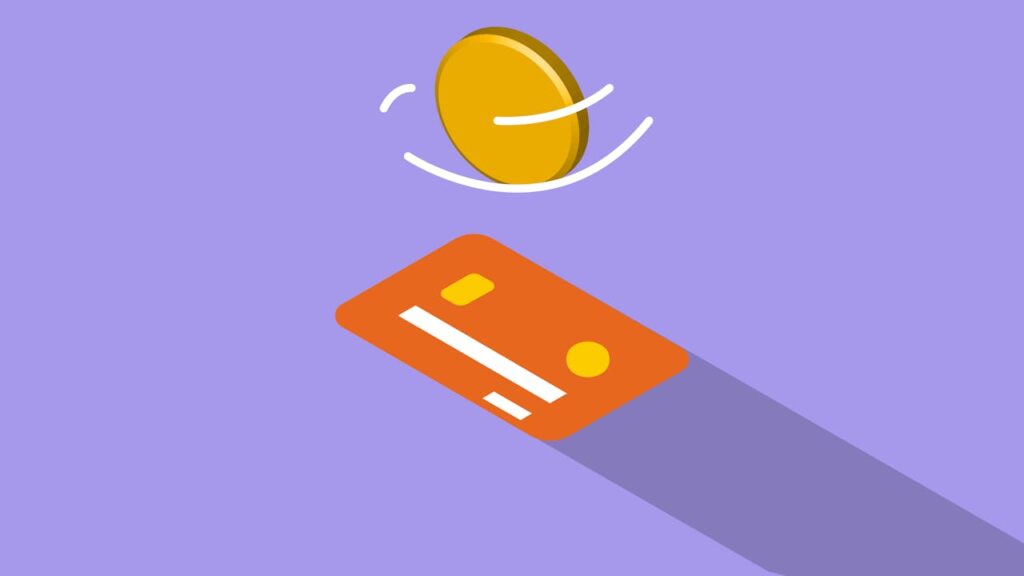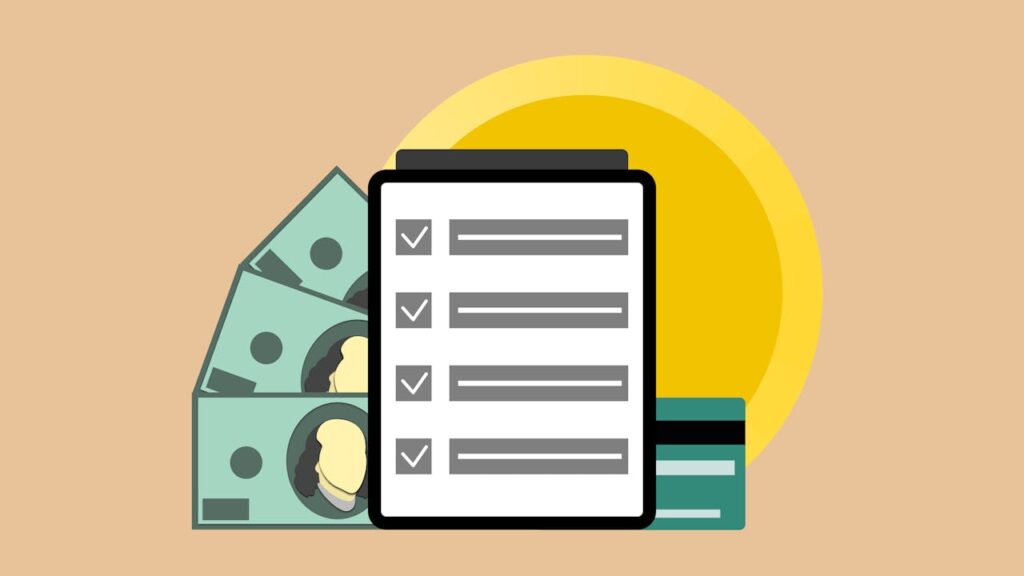
Navigating Your Savings Account: Tips and Tricks
Understanding Your Savings Account
A savings account is a type of deposit account that allows you to store your money in a secure place while earning interest over time. Here are some key terms and basics you should understand:
- Deposit: This is the act of adding money into your savings account. You can do this via direct deposit, ATM deposits, or mobile check deposits.
- Withdrawal: This is when you take money out of your savings account. There may be limits on how many withdrawals you can make per month.
- Interest: This is the money you earn from keeping your money in the savings account. It’s usually a percentage of your account balance.
- Annual Percentage Yield (APY): This is the real rate of return earned on a savings account in a year, taking into account the effect of compounding interest.
- Minimum Balance: Some savings accounts require you to maintain a minimum balance to avoid fees or to earn the highest advertised interest rate.
- Statement: This is a record of all transactions in your savings account over a certain period, usually monthly.
Understanding these terms and how they work will help you navigate your savings account effectively. Remember, the goal of a savings account is not just to store money, but to help it grow over time.

Choosing the Right Savings Account
Choosing the right savings account is crucial to maximizing your savings potential. Here are some factors to consider:
- Interest Rates: Look for a savings account that offers a competitive interest rate. The higher the interest rate, the more money you’ll earn on your savings.
- Fees: Some savings accounts charge monthly maintenance fees, withdrawal fees, or low-balance fees. Look for a savings account with low or no fees.
- Minimum Balance Requirements: Some savings accounts require a minimum balance to earn interest or avoid fees. Make sure you can comfortably meet these requirements.
- Accessibility: Consider how easy it is to deposit and withdraw money. Can you do it online, or do you need to visit a branch? Is there a robust mobile app?
- Customer Service: Good customer service can be invaluable, especially when you have questions or run into issues.
- Reputation: Consider the reputation of the bank. Are they known for good customer service, security, and high interest rates?
Remember, the best savings account for you depends on your personal needs and circumstances. Take the time to do your research and choose wisely.

Maximizing Your Savings
To maximize your savings, it’s important to understand two key concepts: interest rates and compound interest.
- Interest Rates: The interest rate is the amount of interest due per period as a proportion of the amount lent, deposited, or borrowed. In the context of savings accounts, the interest rate is what the bank pays you for keeping your money with them. Higher interest rates mean more earnings for your savings.
- Compound Interest: Compound interest is the addition of interest to the principal sum of a loan or deposit, or in other words, interest on interest. It’s the result of reinvesting interest, rather than paying it out, so that interest in the next period is then earned on the principal sum plus previously accumulated interest.
Here are some strategies to maximize your savings:
- Regular Deposits: Make regular deposits into your savings account. Even small amounts can add up over time, especially when compounded.
- Automatic Transfers: Consider setting up automatic transfers to your savings account. This can be a simple and effective way to consistently grow your savings.
- High-Interest Savings Account: If possible, use a high-interest savings account. These accounts have higher interest rates than regular savings accounts, which can significantly increase your savings over time.
- Don’t Touch: Try not to dip into your savings. The more money you have in your account, the more interest you’ll earn.
Remember, the key to maximizing your savings is consistency and patience. It may take time, but the power of compound interest will help your savings grow.
Managing Your Savings Account
Proper management of your savings account is crucial to ensure its growth and avoid any unnecessary fees. Here are some tips:
- Regular Deposits: One of the best ways to grow your savings is by making regular deposits. It could be weekly, bi-weekly, or monthly, depending on your income schedule. Regular deposits not only increase your savings but also help you develop a habit of saving.
- Balance Checks: Regularly check your savings account balance. This will help you keep track of your savings progress and also ensure that the account is not dormant. Most banks provide online and mobile banking services that make it easy to check your balance at any time.
- Direct Deposit: Consider setting up a direct deposit to your savings account from your paycheck. You can decide on a certain amount or percentage of your paycheck to be directly deposited into your savings account. This is a great way to save money consistently.
- Budgeting: Create a budget and stick to it. A budget gives you control over your money, ensures you are able to save, and keeps you on track with your financial goals.
- Emergency Fund: It’s always a good idea to have an emergency fund. Aim to save enough money to cover at least three to six months’ worth of living expenses.
- Review and Adjust: Review your savings plan regularly and adjust as needed. Your financial situation may change over time, so it’s important to ensure your savings plan still fits your needs.
Remember, the key to managing your savings account effectively is regular monitoring and making necessary adjustments when needed.
Avoiding Common Pitfalls
When managing your savings account, it’s crucial to be aware of common pitfalls that can negatively impact your savings growth. Two of the most common issues are overdrafts and low balance fees.
Overdrafts occur when you withdraw more money than is available in your account. This can happen due to automatic payments, checks, or debit card purchases that exceed your account balance. Banks often charge hefty fees for each overdraft, which can quickly add up and eat into your savings.
To avoid overdrafts, it’s important to keep a close eye on your account balance and pending transactions. Consider setting up balance alerts with your bank to notify you when your account falls below a certain threshold. Additionally, some banks offer overdraft protection services, which can link your savings account to your checking account and automatically transfer funds when necessary to prevent overdrafts.
Low balance fees are another common pitfall. Many banks require a minimum balance in your savings account, and if your balance falls below this minimum, you may be charged a fee. These fees can slowly chip away at your savings if you’re not careful.
To avoid low balance fees, make sure you understand the terms and conditions of your savings account, including the minimum balance requirements. If you’re having trouble maintaining the minimum balance, it might be worth shopping around for a different savings account with lower requirements.
Remember, the key to avoiding these common pitfalls is staying informed and actively managing your savings account. Regularly review your account statements, understand your bank’s fee structure, and adjust your banking habits as necessary to avoid unnecessary fees and maximize your savings growth.
Leveraging Your Savings
Once you’ve built up a healthy savings account, it’s time to think about how you can leverage your savings to grow your wealth even further. This involves looking into investment opportunities and planning for the future.
Investment Opportunities: One of the most effective ways to grow your savings is by investing. This could be in the form of stocks, bonds, mutual funds, real estate, or even starting your own business. Each of these investment avenues has its own risks and rewards, and it’s important to do your research and perhaps consult with a financial advisor before diving in.
Remember, the goal of investing is to get your money to work for you. Your savings can generate passive income, which can then be reinvested for even greater returns. This is the power of compound interest at work.
Future Planning: Apart from investing, you can leverage your savings by using them for future planning. This could involve saving for a down payment on a house, your children’s education, or for retirement. Having a clear goal in mind can help you stay focused and disciplined with your savings.
For instance, if you’re saving for retirement, consider contributing to a retirement account like a 401(k) or an IRA. These accounts offer tax advantages that can help your savings grow more efficiently.
In conclusion, while saving money is an important first step, learning how to leverage your savings through investments and future planning can help you reach your financial goals more quickly. Remember, it’s not just about how much you save, but also about how you use what you’ve saved.









you’re really a good webmaster. The site loading speed is amazing. It seems that you’re doing any unique trick. Moreover, The contents are masterwork. you’ve done a wonderful job on this topic!
I really like your blog.. very nice colors & theme. Did you make this website yourself or did you hire someone to do it for you? Plz answer back as I’m looking to create my own blog and would like to find out where u got this from. cheers
Thanks for your post. One other thing is when you are selling your property by yourself, one of the challenges you need to be alert to upfront is how to deal with property inspection reports. As a FSBO home owner, the key towards successfully transferring your property along with saving money on real estate agent revenue is awareness. The more you understand, the better your home sales effort are going to be. One area that this is particularly vital is assessments.
I would also love to add when you do not now have an insurance policy otherwise you do not take part in any group insurance, you could well benefit from seeking assistance from a health insurance agent. Self-employed or people having medical conditions ordinarily seek the help of the health insurance dealer. Thanks for your text.